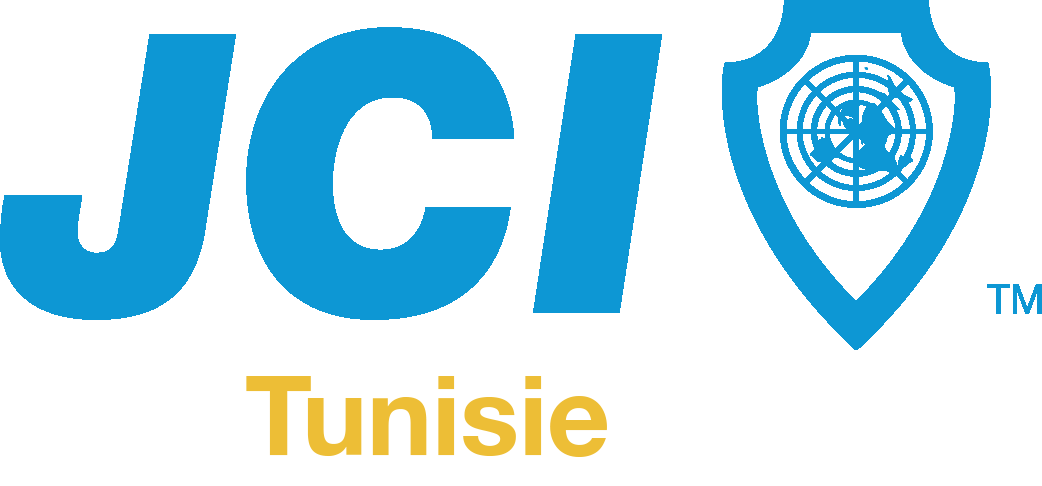Are You Getting The Most The Use Of Your Buy German A1 Certificate?
Understanding the German A1 Certificate: A Comprehensive Guide to Purchase and Preparation
In a period of globalization and intercultural exchange, the German language has emerged as among the most desired languages worldwide, especially in Europe. For people intending to improve their professional credentials, research study in Germany, or merely take part in meaningful travel experiences, obtaining a German A1 Certificate has actually ended up being a valuable venture. This short article clarifies what the A1 certificate entails, its benefits, the acquiring procedure, and necessary preparation suggestions.
What is the German A1 Certificate?
The German A1 Certificate is an official assessment that shows a student’s basic understanding of the German language. It is the first level of the Common European Framework of Reference for Languages (CEFR), which categorizes language efficiency across six levels: A1, A2, B1, B2, C1, and C2.
Accomplishing an A1 Certification shows that the individual can:
- Understand and utilize basic everyday expressions and expressions.
- Present themselves and others.
- Ask and answer concerns about individual details like where they live, people they understand, and things they have.
- Engage in a simple method, offered the other person talks slowly and plainly.
Advantages of Acquiring a German A1 Certificate
An A1 certificate can be advantageous for numerous reasons:
-
Entry Requirement for Further Learning: Obtaining the A1 certificate is typically the initial step towards pursuing higher levels of German proficiency (A2, B1, and so on).
-
Employment Opportunities: Many business in German-speaking countries seek prospects with a standard understanding of the language, making the A1 certificate a strong asset.
-
Cultural Integration: Learning the basics of the language facilitates smoother interaction with native speakers, which can boost cultural understanding and social combination.
-
Traveling: For tourists, knowing standard German can significantly boost the experience, making interaction easier and more enjoyable.
How to Buy a German A1 Certificate
Purchasing a German A1 certificate does not imply buying a main document without taking an exam. Authentic certificates need to be earned through approved screening centers. Here are the actions one usually follows to acquire a German A1 certificate lawfully:
-
Research Authorized Testing Centers: Look for organizations certified by the Goethe Zertifikat C1 kaufen-Institut, TELC (The European Language Certificates), or other acknowledged language organizations.
-
Register for the Exam: Once an ideal screening center is recognized, candidates can sign up for the exam. Registration generally involves filling out an application and paying an assessment fee.
-
Get ready for the Exam: Candidates should allocate sufficient time for preparation. There are different resources– online classes, books, and language apps– that can assist in studying.
-
Take the Full Exam: A1 evaluations usually include four elements: listening comprehension, reading understanding, written expression, and oral expression. Candidates require to show efficiency in all these locations.
-
Get Your Results: After taking the exam, candidates will receive their results and, upon passing, will be released the A1 certificate.
Preparation Tips for the German A1 Exam
Preparing for the German A1 exam can be both fun and effective with the right technique. Here are some pointers to help candidates prepare:
-
Enroll in a German Language Course: Whether Kaufen Testdaf Zertifikat online or in-person, formal courses offer structured knowing and expert assistance.
-
Use Language Apps: Applications like Duolingo, Babbel, and Rosetta Stone are popular tools for interactive, on-the-go language practice.
-
Practice Speaking: Engage with native speakers or join language exchange groups. Speaking practice is important for developing fluency.
-
Research Study Vocabulary and Grammar: Focus on basic vocabulary covering greetings, numbers, directions, and daily objects, in addition to essential grammatical guidelines.
-
Listen and Watch German Media: Consuming German content such as music, podcasts, and films can boost listening abilities and acquaint students with the language’s rhythm and pronunciation.
Frequently asked questions about the German A1 Certificate
Q1: How long does it take to prepare for the A1 exam?A1 preparation time can vary based upon individual learning speeds, however usually, 80 to 100 hours of study can be sufficient for standard proficiency.
Q2: What is the expense of the A1 exam?The expense differs based upon the testing institution and area however usually varies from EUR100 to EUR200. Q3: How long is the A1 certificate valid?The A1 certificate does not end, as it shows your language efficiency at a specific moment. However, further knowing and accreditation are motivated for career advancements. Q4: Can I take the A1 exam Kaufen Testdaf Zertifikat online?Some screening centers offer online assessments for a1 Zertifikat Kaufen erfahrungen certification, while others need in-person presence. Contact the specific organization for information. Q5: What takes place if I stop working the A1 exam?If a prospect does not pass the exam, they can generally retake it after a waiting period. It’s recommended to examine
the areas that need enhancement before reattempting. Getting a German A1 certificate can open various doors, whether for travel, work, or further education. While the option to « buy »a certificate without examination might appear appealing, genuine acquisition through study and screening guarantees the private has the needed language abilities. With devotion, assistance, and preparation, candidates can effectively browse the path to attaining their German A1 accreditation, paving the way for innovative language learning and improving experiences in German-speaking environments.
